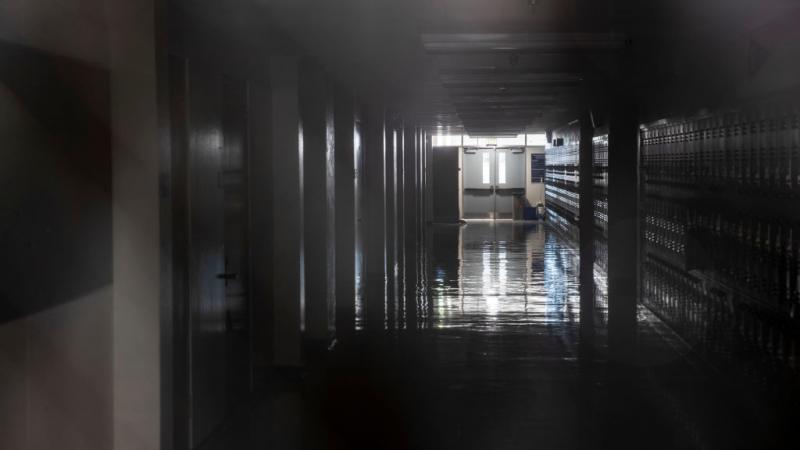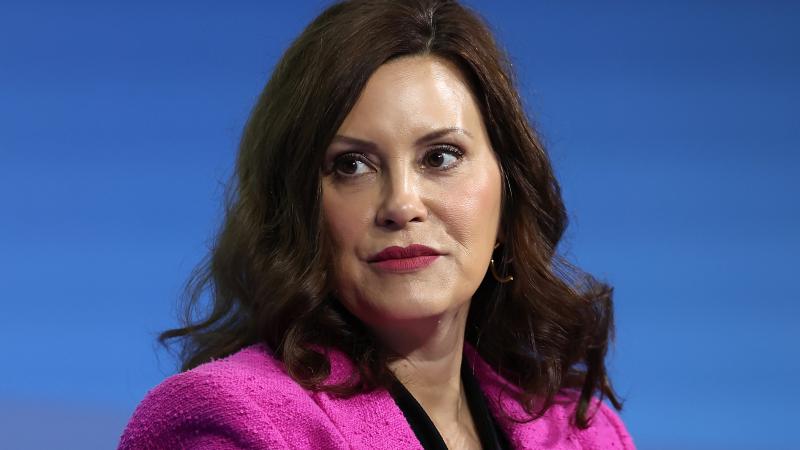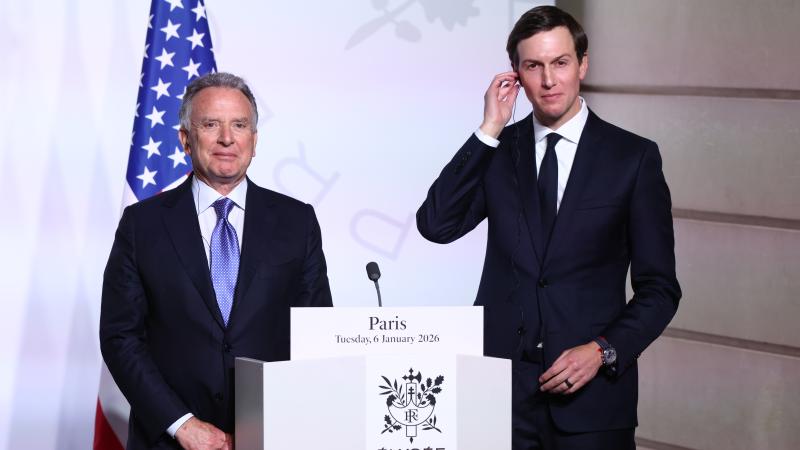VA promise of transgender surgery amid spiking wait times stokes fears of new care bottlenecks
The new policy is "the right thing to do" and can save lives, said VA Secretary Denis McDonough at a Pride Month event in Orlando. VA transgender surgery announcement diverts from problems with veterans' health care, critics say
A proclamation from the top official at the Department of Veterans Affairs that his agency will offer gender-altering surgery to veterans is years away from being implemented, if at all, officials said — with some critics suggesting that the declaration was made prematurely, with a political audience in mind.
"This is not a normal way of conducting VA business and is not in the best interests of veterans," VA expert Darin Selnick told Just the News. "Instead it could be perceived as a political decision in terms of supporting the president's left-wing base, and to divert attention away from the poor job VA is currently doing in providing timely and quality healthcare to veterans."
An Air Force veteran, Selnick served as veterans' affairs adviser on President Donald Trump's Domestic Policy Council and as a senior adviser to the VA secretary.
The VA's Secretary Denis McDonough announced the new policy June 19 during a Pride Month event in Orlando.
"I am announcing today that we are taking the first necessary steps to expand VA's care to include gender confirmation surgery — thus allowing transgender vets to go through the full gender confirmation process with VA by their side," McDonough said. "We're making these changes not only because they are the right thing to do, but because they can save lives."
The procedures save lives because they "have been proven effective at mitigating serious health conditions, including suicidality, substance abuse, and dysphoria," VA spokesman Gary Kunich wrote in an email to Just the News. "Updating this policy would allow VA to provide transgender and gender diverse Veterans with coordinated, medically necessary, transition-related surgical procedures."
A policy change of that nature would require an extensive series of steps, officials said — one that could potentially last through the lead-up to the 2022 midterm elections.
"The entire process can take approximately two years and includes a period of public comment," Kunich said. "This will allow VA to develop the framework to provide the full continuum of care in a way that is consistent with VA's rigorous standards for quality health care."
The announcement comes at a time when the agency is coming under renewed scrutiny for lengthy wait times for veterans to receive standard care at VA facilities.
In a six-month period in North Georgia, for example, veterans have seen a sharp spike in waiting times to receive medical care, according to a study by The Atlanta Journal-Constitution. In September, the newspaper found, 6,700 veterans waited more than 30 days for a response from the Atlanta VA Health Care System. In May, the number was more than 18,000. The delays for veterans seeking resolution on seeking care from the private doctors went from 25,000 to 37,000, according to the newspaper.
Veterans in St. Petersburg, Fla. say that their wait times have increased, as well.
The return of long wait times within the system reminds advocates of events from 2014, when more than 200 veterans throughout the country died while waiting for VA care, according to Jimmie Smith, an official at the Florida chapter for Concerned Veterans for America.
The prospect of adding new, appointment-intensive procedures has left some veterans and officials wondering whether new caseloads would displace or further encumber the old.
"I hope they don't, but it's something we would have to think about," one VA appointment scheduler told Just the News.
The VA says it has not yet gauged the reaction from veterans regarding the new policy.
"Since the secretary announced this Saturday, I'd say it is too soon to know about feedback," Kunich said in response to a question from Just the News.
The VA has not determined how many veterans would undergo the procedures.
"It is not known how many veterans will seek gender confirmation surgeries," Kunich said. "Based on current VA utilization patterns, it is estimated that fewer than 4,000 veterans would be interested in this care."
Nor has the VA determined the price tag on the procedures.
"Estimated annual costs to the VA will be developed as a part of the initial steps to modify the rules," Kunich said. "Costs per surgery will depend on whether care is delivered within VA or outside VA through community partners."
The VA will begin formal proceedings this summer, aimed at officially allowing the agency to sponsor the surgeries.















